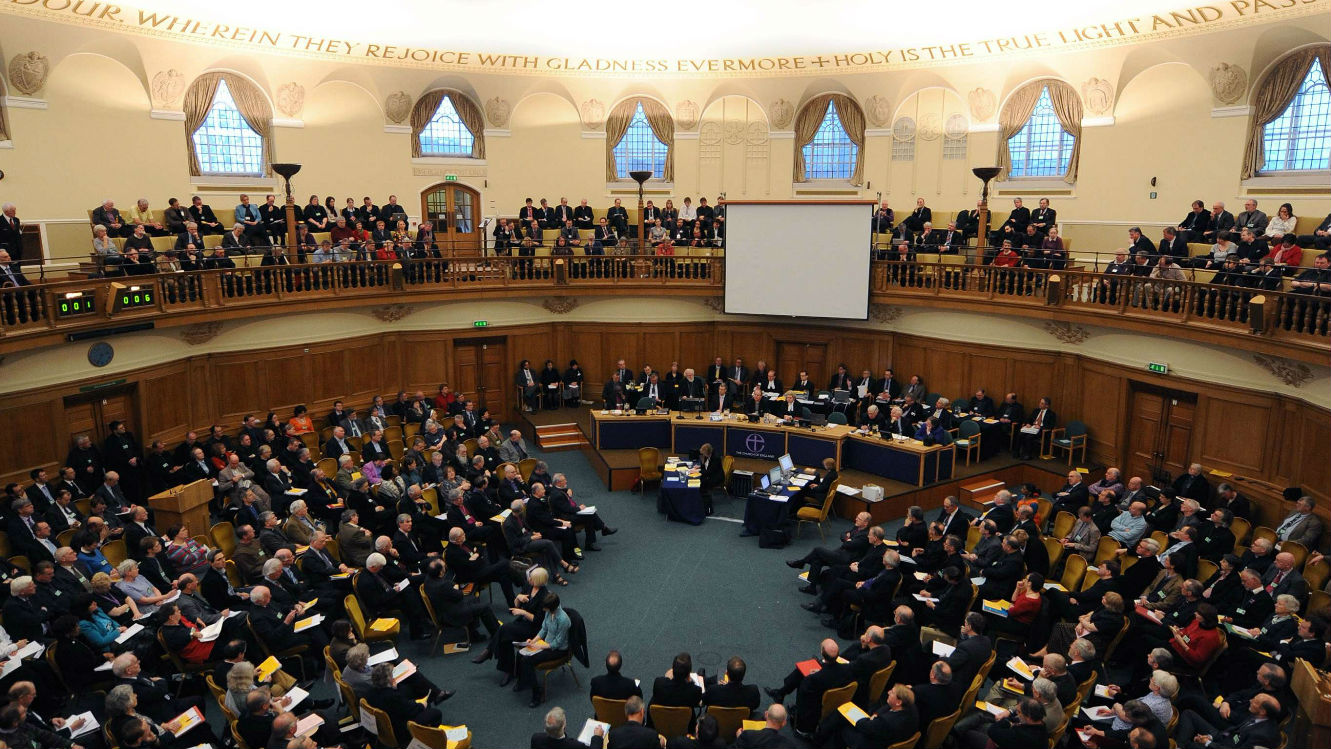Update (July 14, 2014): The Church of England will allow women to become bishops for the first time after a vote passed the General Synod by 81 percent, more than the required two-thirds majority. The House of Laity, which rejected the legislation in 2012, voted 152–45 in favor. The House of Clergy passed the motion by 162–25, and the House of Bishops voted for the measure 37–2.
Archbishop of Canterbury Justin Welby and Prime Minister David Cameron supported the motion, the BBC reports.
The BBC and The Telegraph report more details.
—–
The Church of England has voted to draft new legislation that would allow women to be ordained as bishops.
The church will draft its new measure to approve female bishops by November, but any language likely will not receive final approval until November 2015, Reuters reports. Still, Anglicans have been awaiting this vote to re-start the process since the Church narrowly rejected the appointment of women bishops by just six votes in the House of Laity, one of the Synod's three chambers, last November.
Archbishop Justin Welby says the mood within the church has shifted since then, and the Belfast Telegraph reports that he is "'extremely optimistic'" about the promise of moving forward.
"There is a strong desire to get it done," he said after the vote. "We aren't at the stage of saying should we ordain women as bishops, we are at the stage of saying we are going to ordain women as bishops, how do we go about that?"
Even with Welby's overwhelming support, the road to final approval remains long.
Yesterday's vote to "reaffirm the synod's commitment to female bishops and to call for new draft legislation on the matter was approved by 319 votes to 84," easily securing the simple majority needed to move forward, the BBC reports.
Yet, final votes on female bishops "will require the usual two-thirds majority in each of the synod's three houses: bishops, clergy, and laity. Many of the 84 no votes are likely to have come from house of laity members, making a two-thirds majority there unlikely."
That means any new legislation could face the same end as the bill that was voted down last November—described by one synod member as a "train crash of epic proportions."
This time around, Synod general secretary William Fittall told press in June, members want a process that will lead to two-thirds majorities in all chambers.
"One train crash is extremely bad," he said. "Two would be quite unacceptable."
The topic of women's ordination has galvanized the Anglican church—as well as other denominations—for years, but popular opinion largely has shifted to support the move.
Last month, the Reformed Church of America removed its policy allowing members to object to the ordination of women on the basis of gender.









